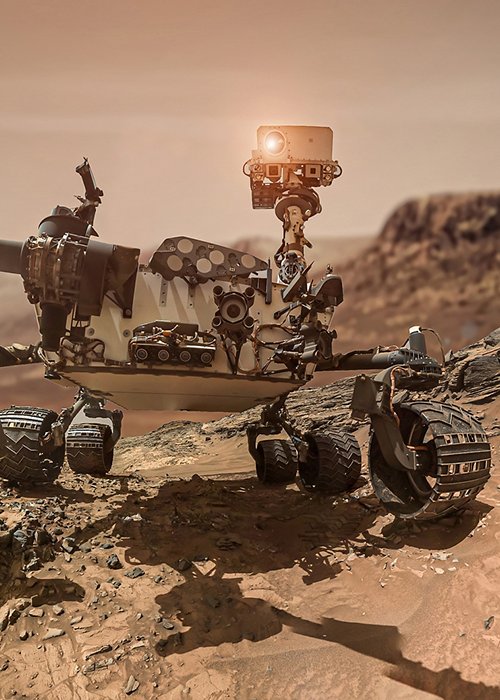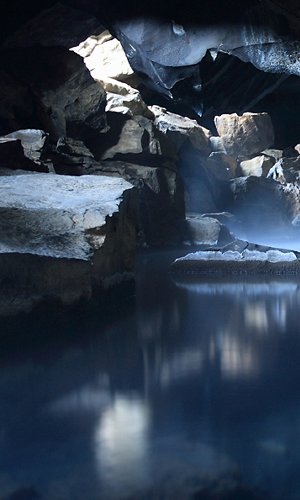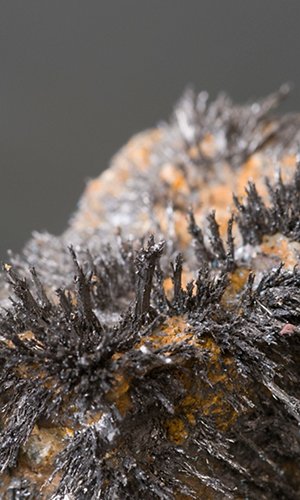n primary school, we learned that life began in the “primordial soup”, that is, in the warm ocean that covered part of the young Earth. On the contrary, perhaps it did not. According to some recent research, life developed on land, more precisely in puddles. So we would not be children of the ocean, that is, of a watered-down and immense soup, but of a small and concentrated sludge, like a stock cube. It may not be as poetic, but it sounds more convincing. The proof? Let’s go and look for it on Mars. On 18 February, NASA will land the Perseverance Rover in the centre of a large crater on the red planet. The little robot on wheels will be tasked with collecting soil samples where there were once probably small lakes. The purpose of the mission is to search for traces of fossilised microbial life. A very simple life that may even have developed on Mars.
The idea of the primordial soup was proved by the experiments of a young American researcher. In 1953 Stanley Miller recreated a small primitive sea inside a flask. It was a salty solution with the substances that were probably dissolved in the ancient ocean. He filled another flask with hydrogen, methane and ammonia, that is, with the gases of the primordial atmosphere. He joined the flask with a pipe, heated the little sea, then fired multiple sparks between electrodes within the second flask. According to the researcher, lightning and the Earth’s heat triggered the chemical mechanisms that created the first molecules of life. And he was right. After a few days, in the first bottle there was a hot broth full of amino acids, the building blocks of proteins, the very molecules that make up most of the bodies of living beings.
So, if life was born in the sea, why look for it in puddles? What changed scientists’ minds? The answer is water. Living beings are largely made up of water; our bodies, for example, are 60% water. Yet water can destroy molecules critical to life, such as DNA and proteins. In cells, in fact, everything is organised so that water can perform its important functions without damaging their molecules. The cell protects its molecules, but in the primordial soup these were naked, and as soon as they were formed the water attacked them.
So if water created the first molecules, would it not then have destroyed them? How can we solve this contradiction? For example, by assuming that life arose in a place where there was little water that evaporated from time to time, such as a pond or a puddle. When there was water, the molecules were formed, but when there was none, the molecules were safe and had time to interact to form new combinations. Combinations that happened to be more resistant to water. As time went by, these combinations became more and more complex until the first cells developed.
Is there any evidence? Yes, a group of British molecular biologists have recreated a primordial pond in the laboratory by mixing warm water and very simple chemical compounds. The researchers lit the pond with ultraviolet light, then evaporated it and later added water. Many times over. The action of rays and the wet-dry cycle promoted the formation of many biological molecules. These are the ones NASA’s rover will be looking for on Mars, and if it finds them, we will have to rewrite the history of life.
By Andrea Bellati



